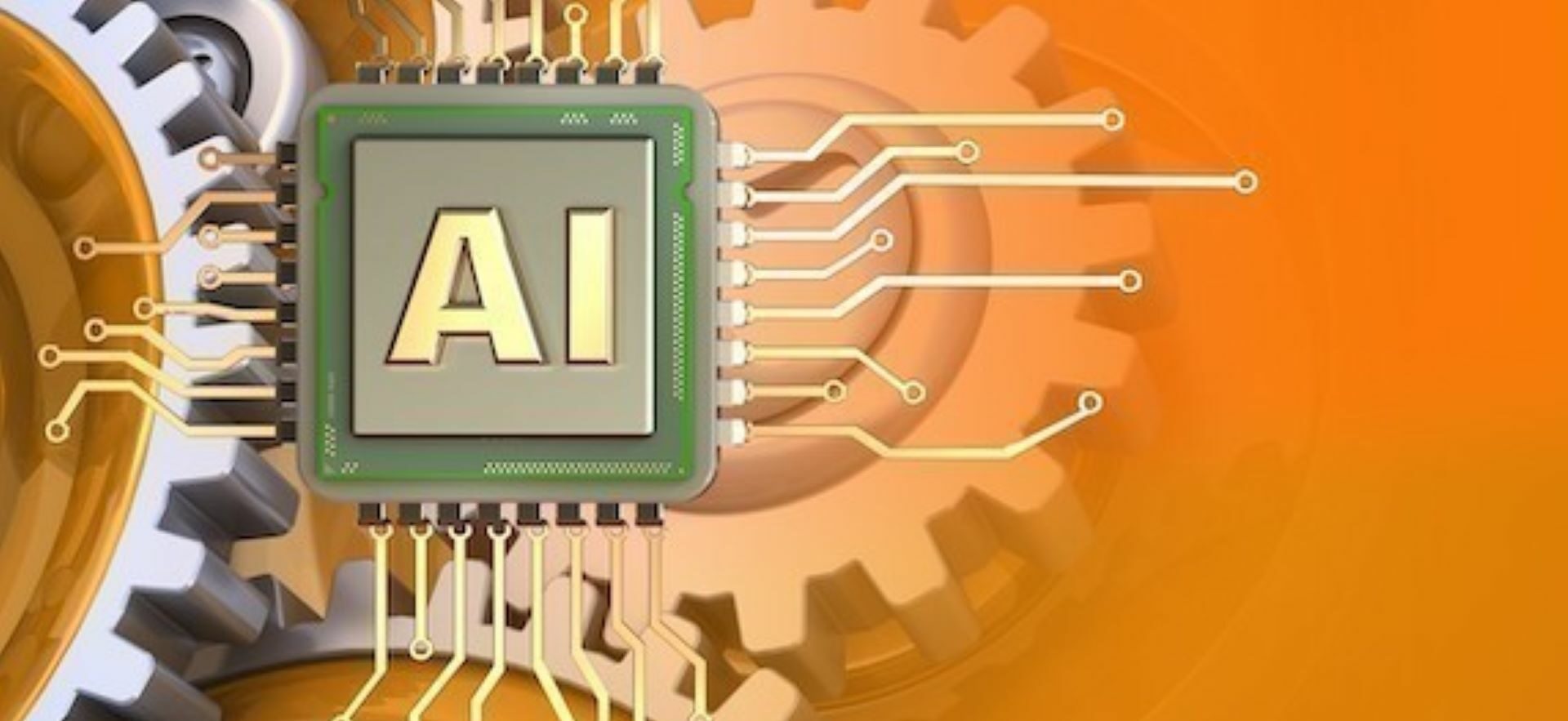As the world enters an era of industrialization of artificial intelligence (AI) the business competitive landscape is about to utterly change. That’s the theme of an upcoming virtual AI at Scale conference hosted this week by the Artificial Intelligence Infrastructure Alliance (AIIA) where, among other things, it will be made apparent that the barriers to entry that many organizations rely on today to discourage competition will be torn down by AI platforms.
Entrepreneurs will soon find it increasingly easier to launch a business because many of the manual tasks that today require specialists will be automated. It’s already been shown that generative AI platforms can boost productivity. The assumption is that large companies will use those capabilities to either reduce or limit headcount while operating at higher levels of scale. However, it’s more probable that employees that want to run their own business will use these tools to launch any number of startup companies without having to hire nearly as many people before generating any revenue.
Unless someone has been hiding under a rock for the past few months, most everyone is aware of generative AI platforms such as ChatGPT. Not fully appreciated beyond helping to craft essays and generate emails is the degree to which these types of platforms will be able to automate a wide range of business processes. In fact, many unstructured processes that did not lend themselves well to robotic process automation (RPA) platforms can be automated using the large language models that are the foundation upon which a generative AI platform rests. For example, it should one day soon be relatively trivial for end users to employ a natural language interface to instruct an AI platform to spin up a website loaded with articles about, for example, all the nuances of fine wine. Add in a few application programming interface (API) calls to an e-commerce engine and, voila, a new business is launched.
It’s not hard to imagine how similar scenarios might play out across any number of vertical industry segments as more entrepreneurs are exposed to generative AI platforms. These platforms may never be as perfect as a human employee might be, but they will be, over time, more consistent. As Daniel Jefferies, managing director for the AIIA, notes, the goal is not necessarily to make AI perfect, but rather to keep it consistent. There may be hundreds of thousands of accidents involving AI-infused vehicles in the future, but that’s a far sight better than the millions caused by humans that now occur each year, said Jefferies. An AI platform may make a mistake, but over time as it learns, it tends not to make that same mistake over again. That’s not something that can be said about most people.
The next major AI hurdle to be overcome will naturally be continuous training. Today, generative AI platforms work best using relatively static data sets. The world today tends to be a lot more dynamic, so generative AI platforms will need to learn how to account for conditions that might be subject to radical change. In the meantime, business and IT leaders need to come to terms with the simple fact that as AI becomes industrialized, every assumption they once held dear is probably now a lot more tenuous than they ever might have imagined.



